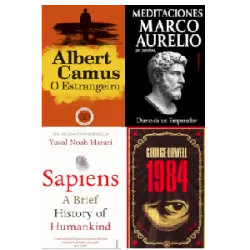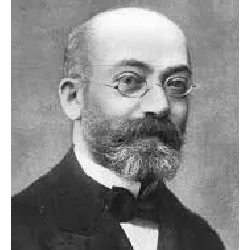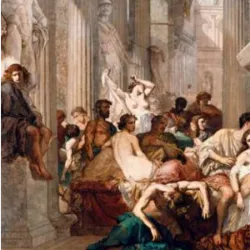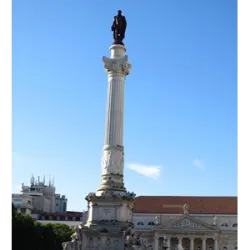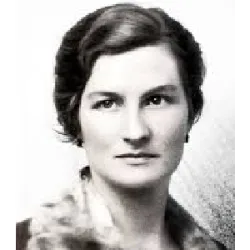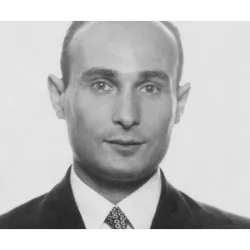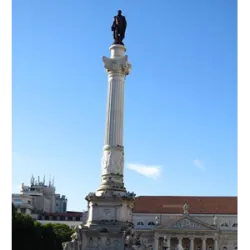Literary Movements and Their Impacts:

Literary movements have played a fundamental role in the history of literature, reflecting the social, political and cultural transformations of their times. Romanticism, which flourished in the late 18th and early 19th centuries, was a response to the Industrial Revolution and the rationalism of the Enlightenment. Authors such as Lord Byron and Edgar Allan Poe prioritized emotions, nature and individualism, seeking creative freedom and an escape from rigid social and industrial norms. Poe's work The Raven, for example, symbolizes emotional intensity and a fascination with mystery and the macabre.
In the 20th century, Modernism brought a break with traditional forms of narrative, challenging literary conventions. Authors such as James Joyce and Virginia Woolf introduced experimental writing, with techniques such as stream of consciousness, which explored the complexity of the human mind and perception. Works such as Joyce's Ulysses and Woolf's Mrs. Dalloway left their mark on literature by emphasizing subjectivity and the fragmentation of experience.
Surrealism, led by authors such as André Breton, explored the unconscious and dreamlike images, profoundly influencing literature and the visual arts. With works that defied logic and reason.
Did you know?
